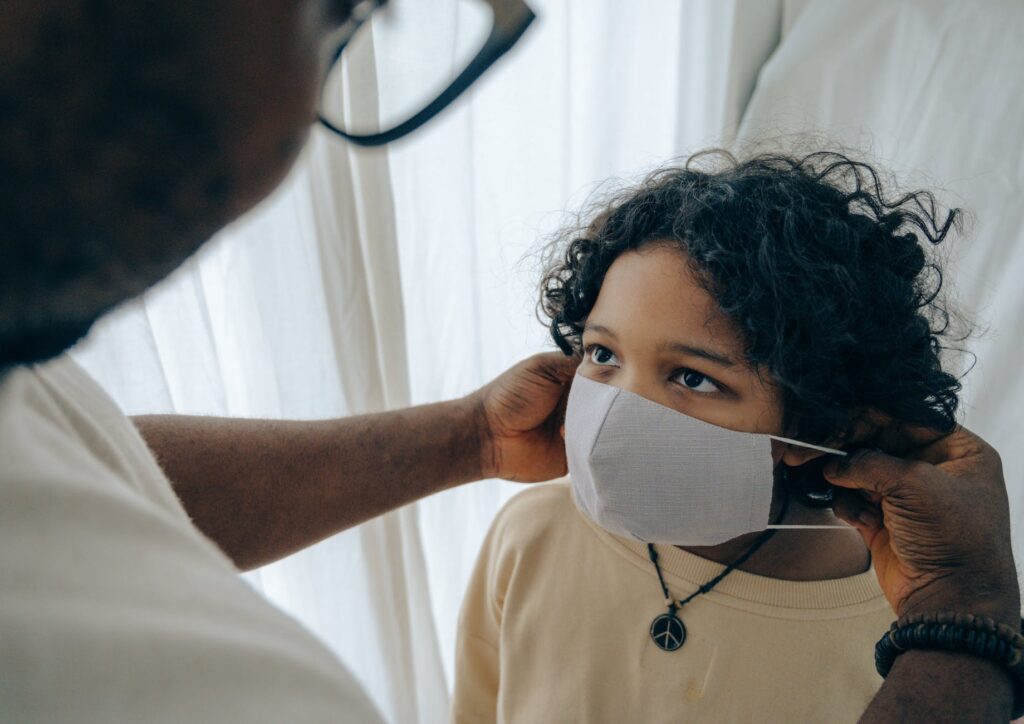
Introduction
As parents, ensuring the well-being of our children is always a top priority. We strive to provide them with a nurturing environment that promotes their growth, happiness, and overall health. While parenting comes with its fair share of challenges, understanding and implementing key strategies can significantly contribute to your child’s well-being. In this article, Dr Louis Hampers will explore essential tips for keeping your child happy and healthy, focusing on pediatric health guidelines and practices.
1: Encouraging a Nutritious Diet
A well-balanced and nutritious diet is crucial for your child’s growth and development. By providing a variety of nutrient-rich foods, you can support their physical and mental health. Make sure their meals include fruits, vegetables, whole grains, lean proteins, and low-fat dairy products. Limiting the intake of sugary snacks and beverages can help prevent childhood obesity and dental problems.
To encourage healthy eating habits, involve your child in meal planning and preparation. Teach them about the importance of different food groups and the benefits of making healthy choices. Setting a positive example by eating healthy foods yourself will also inspire them to follow suit.
2: Promoting Physical Activity
Regular physical activity is essential for children’s overall health. Encourage your child to engage in at least one hour of moderate to vigorous exercise every day. Outdoor activities, such as playing in the park, riding a bike, or swimming, not only promote physical fitness but also provide opportunities for social interaction and creativity.
Limit their screen time, including television, video games, and mobile devices, to ensure they have ample time for physical play. Create a structured routine that includes physical activities and sports, making it an enjoyable part of their daily lives. Remember, physical activity not only keeps your child physically fit but also boosts their cognitive abilities and emotional well-being.
3: Prioritizing Sleep
Adequate sleep is crucial for a child’s growth, development, and overall well-being. Establish a consistent sleep schedule that provides them with the recommended amount of sleep based on their age. For example, preschoolers require around 10-13 hours of sleep per night, while school-aged children need 9-12 hours.
Create a soothing bedtime routine to help your child unwind before sleep. This can include activities like reading a book, taking a warm bath, or listening to calming music. Avoid exposing your child to electronic screens before bedtime, as the blue light emitted can disrupt their sleep patterns. By ensuring your child gets enough sleep, you are promoting their physical and mental health, improving their concentration and mood.
4: Maintaining Routine Check-ups and Immunizations
Regular visits to the pediatrician are essential for monitoring your child’s growth, development, and overall health. Schedule routine check-ups to address any concerns, track their milestones, and receive expert advice on nutrition, behavior, and general well-being.
Vaccinations play a critical role in protecting your child against various infectious diseases. Stay up-to-date with the recommended immunization schedule provided by healthcare professionals. Vaccinations not only safeguard your child’s health but also contribute to the overall community’s well-being by preventing the spread of diseases.
Conclusion
Keeping your child happy and healthy involves a holistic approach that encompasses nutrition, physical activity, sleep, and regular medical care. By providing a well-balanced diet, promoting physical activity, ensuring sufficient sleep, and prioritizing routine check-ups and immunizations, you are setting the foundation for your child’s lifelong well-being.
As parents, it is essential to lead by example and create an environment that supports healthy habits. With consistent effort and dedication, you can help your child grow into a healthy and thriving individual. By implementing these essential tips, you are providing your child with the best possible start in life, fostering their happiness and laying the groundwork for a healthy future.